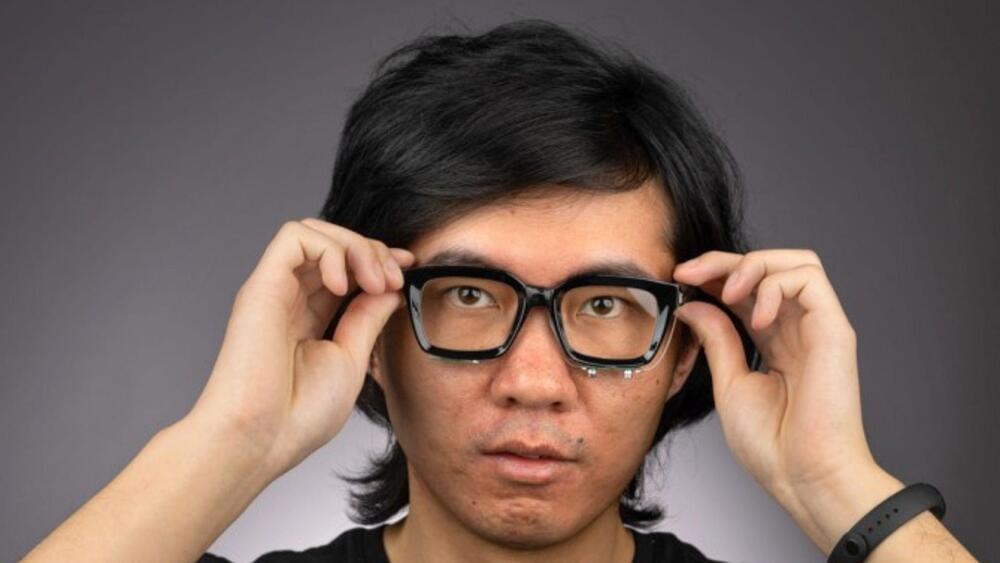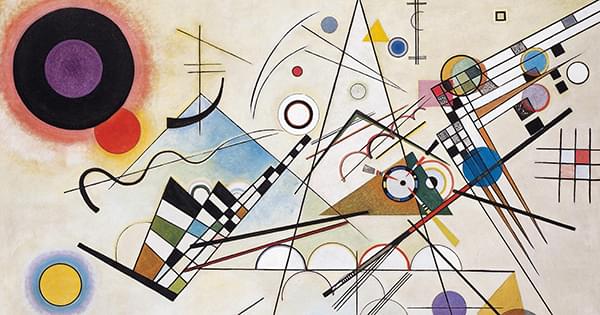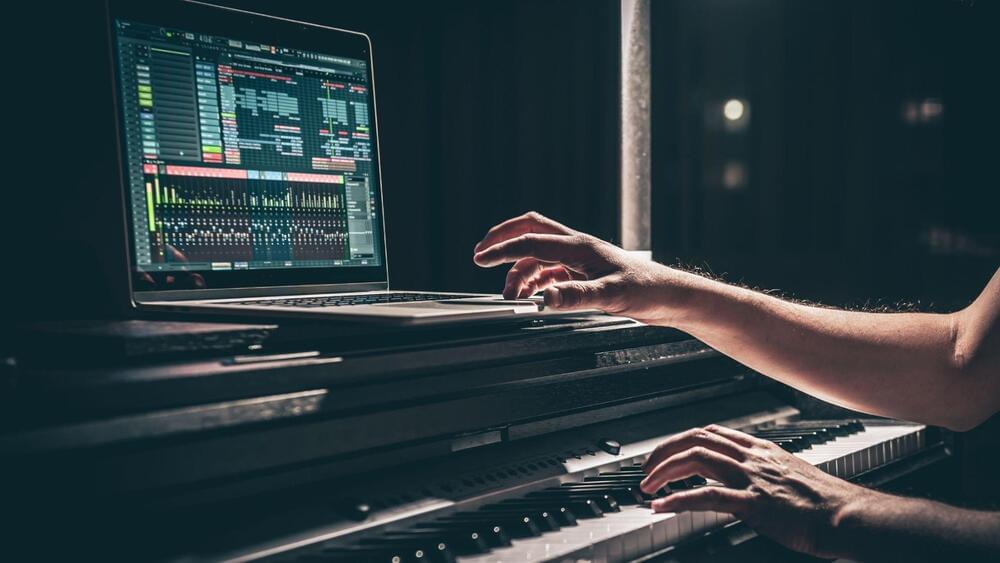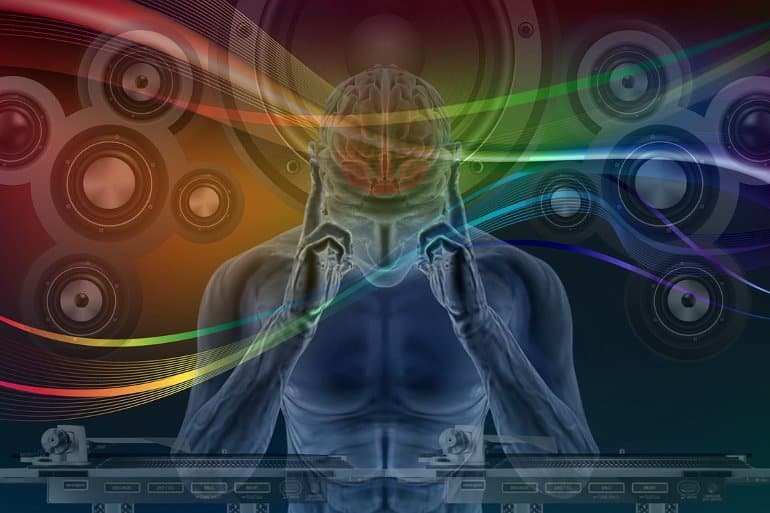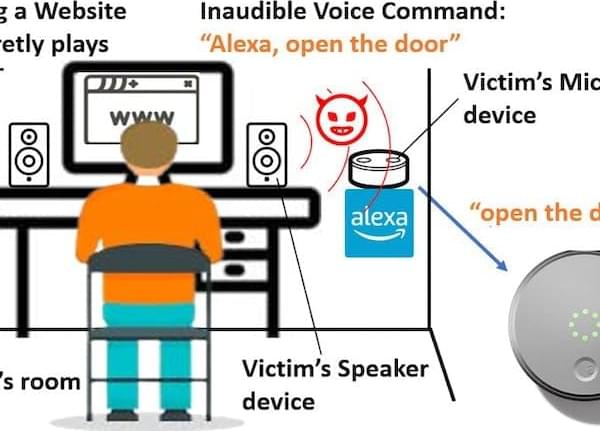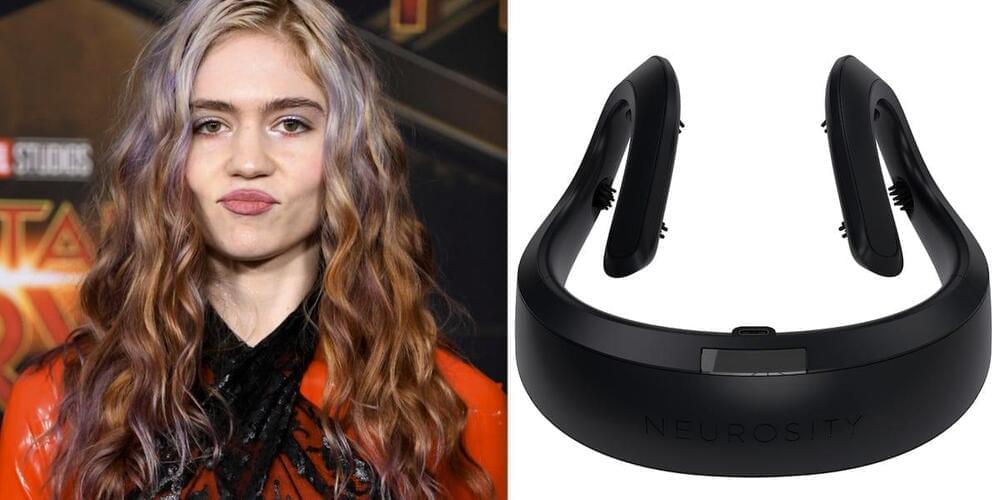Communication without boundaries. “We’re moving sonar onto the body.”
Cornell University researchers have developed a new technology allowing silent communication through sonar glasses. The glasses use tiny microphones and speakers to read the words that are silently mouthed by the wearer, allowing them to perform various tasks without needing physical input. The technology was developed by Ruidong Zhang, a Ph.D. student at Cornell, and builds off of a similar project that used a wireless earbud and previous models that relied on cameras.
Highly-Accurate Design.
The glasses are designed to be unobtrusive and not require the user to face a camera or wear an earbud.
Cornell University.
One of the most exciting prospects for this technology is for individuals with speech disabilities to use it to silently feed dialogue into a voice synthesizer, which would then speak the words aloud. The glasses could also be used to control music playback controls in a quiet library or to dictate a message at a loud concert where standard options would fail.
